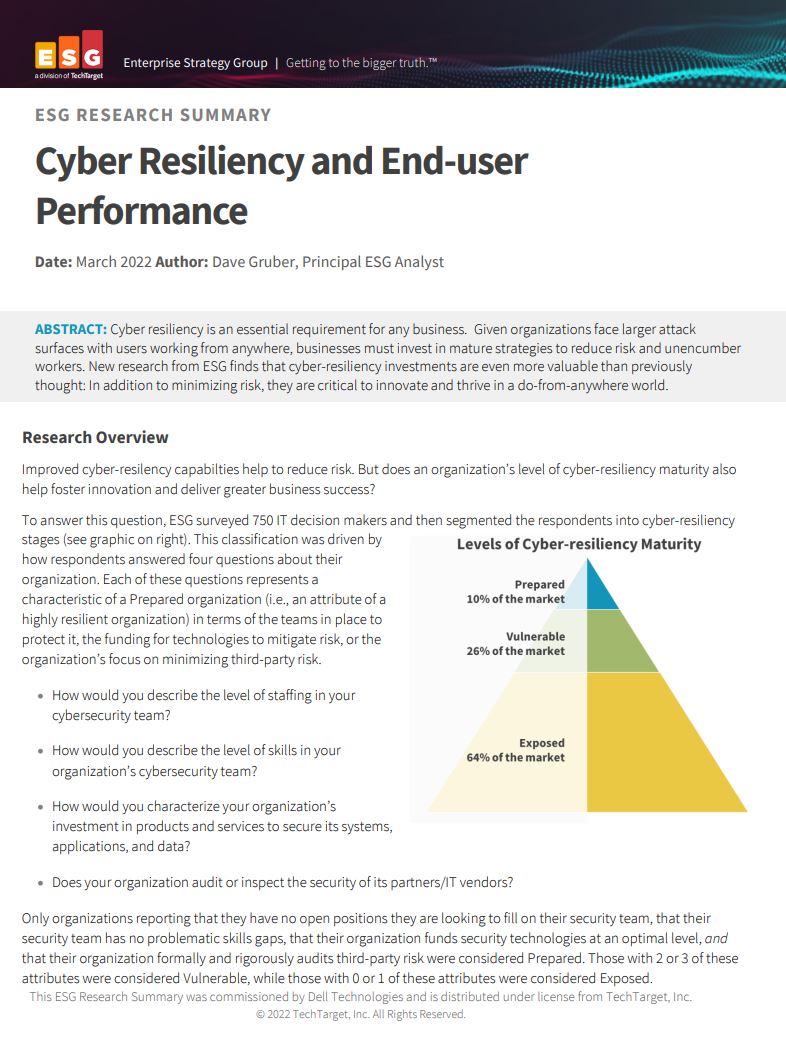Japan investigates potential Russian Killnet cyber attacks
The hacker group has said it’s revolting against the country’s militarism and that it’s “kicking the samurai”


Japan is investigating whether Killnet, a pro-Russian group, launched cyber attacks on multiple government websites after they suffered disruptions yesterday.
The government had problems accessing more than 20 websites across four government ministries which may have been caused by a denial-of-service attack (DDoS), according to Reuters.
"We are aware that the (Killnet) hacker group suggested it was behind the attacks, but at the moment we are still investigating the cause of the failures, including the group's involvement," said Hirokazu Matsuno, chief cabinet secretary.
Matsuno explained that government websites couldn’t be accessed on Tuesday evening but services were restored later in the day.
The attacks have also led the Tokyo Metropolitan Police Department to launch an investigation into the attacks, according to the Japan Times.
There were difficulties accessing several websites yesterday including the government’s e-Gov portal website, the eLTAX local tax-related portal, and IT company Mixi’s social media platform.
Killnet has posted a message on its Telegram channel claiming it targeted the country’s online public services and the tax authority’s electronic system. The hacker group said it was revolting against Japan’s militarism and that it was “kicking the samurai.”
Sign up today and you will receive a free copy of our Future Focus 2025 report - the leading guidance on AI, cybersecurity and other IT challenges as per 700+ senior executives
Earlier this week, Japan protested over Russia carrying out military exercises on Russian-held islands claimed by Japan, as reported by SCMP. Following this, Russia scrapped an agreement with Japan which allows former Japanese residents visa-free visits to the islands.
RELATED RESOURCE

Cyber resiliency and end-user performance
Reduce risk and deliver greater business success with cyber-resilience capabilities
Killnet has been thought to be behind several cyber attacks on other countries recently. In August, it allegedly blocked access to over 200 state and private Estonian institutions’ websites. This came after a Soviet Tu-34 tank was moved from a public display in Narva to a museum. The Estonian government said that this was the most extensive cyber attack it had faced since 2007.
In May, Italy’s Computer Security Incident Response Team (CSIRT) warned organisations of a heightened risk of cyber attacks from pro-Russian hackers. Although the authority didn’t specify the identity of the hackers, it was thought the hackers were the Killnet group. Earlier in May, CSIRT also prevented a Killnet-linked cyber attack on the Eurovision song contest’s voting system, which was believed to be an attempt to stop Ukraine from winning the competition.
Zach Marzouk is a former ITPro, CloudPro, and ChannelPro staff writer, covering topics like security, privacy, worker rights, and startups, primarily in the Asia Pacific and the US regions. Zach joined ITPro in 2017 where he was introduced to the world of B2B technology as a junior staff writer, before he returned to Argentina in 2018, working in communications and as a copywriter. In 2021, he made his way back to ITPro as a staff writer during the pandemic, before joining the world of freelance in 2022.
-
 Impact of Asahi cyber attack laid bare as company confirms 1.5 million customers exposed
Impact of Asahi cyber attack laid bare as company confirms 1.5 million customers exposedNews No ransom has been paid, said president and group CEO Atsushi Katsuki, and the company is restoring its systems
-
 Latitude Financial's data policies questioned after more than 14 million records stolen
Latitude Financial's data policies questioned after more than 14 million records stolenNews Some of the data is from at least 2005 and includes customers’ name, address, and date of birth
-
 UK crime fighters wrangle “several thousand” potential cyber criminals in DDoS-for-hire honeypot
UK crime fighters wrangle “several thousand” potential cyber criminals in DDoS-for-hire honeypotNews The sting follows a recent crackdown on DDoS-for-hire services globally
-
 Latitude hack now under state investigation as customers struggle to protect their accounts
Latitude hack now under state investigation as customers struggle to protect their accountsNews The cyber attack has affected around 330,000 customers, although the company has said this is likely to increase
-
 IDCARE: Meet the cyber security charity shaping Australia and New Zealand's data breach response
IDCARE: Meet the cyber security charity shaping Australia and New Zealand's data breach responseCase Studies IDCARE is recruiting a reserve army to turbocharge the fightback against cyber crime not just in the region, but in the interests of victims all over the world
-
 Australia commits to establishing second national cyber security agency
Australia commits to establishing second national cyber security agencyNews The country is still aiming to be the most cyber-secure country in the world by 2030
-
 Medibank bleeds $26 million in cyber costs following hack
Medibank bleeds $26 million in cyber costs following hackNews The company believes this figure could rise to $45 million for the 2023 financial year
-
 TikTok's two new European data centres to address data protection concerns
TikTok's two new European data centres to address data protection concernsNews The company is under pressure to prove its user data isn’t being accessed by the Chinese state


